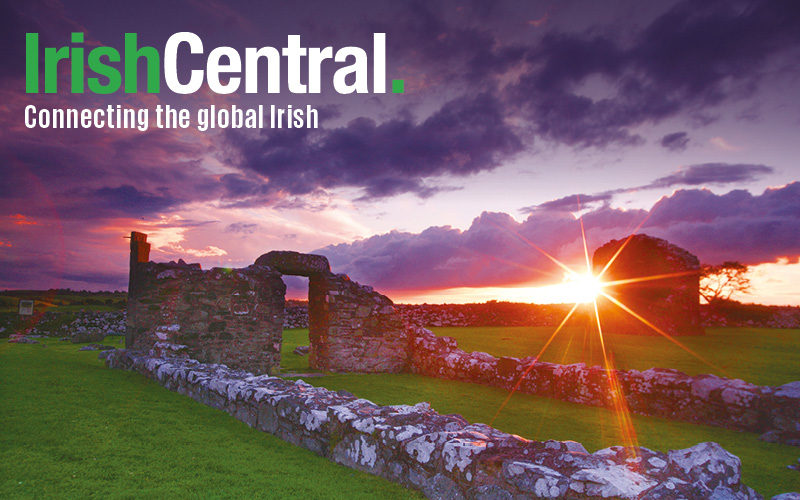Findmypast is working in partnership with IrishCentral to share fascinating insights into your Irish ancestors. Click here to get a special half price subscription, and discover your Irish roots today!
Once the WWI armistice was announced in 1918 and the men began to return home the gaping holes left in so many communities, including Irish ones, were never more visible. A generation of young men had been lost and damaged, life would never be the same again. The grief found in this realization needed an expression and among the most moving displays of this communal emotion were the many Rolls of Honor published in those post war years.
These published records are separate from the War Memorials most people would be familiar with. Instead of a simple list of names of the dead, these volumes contain biographical details, war records and even photographs. It's not unusual to find photographs of groups of brothers or school friends and the books were not simply concerned with the fallen - they were committed to honoring veterans as well.
What makes the rolls of honor so unique as an information source is that they do not tend to be an official roll call. For the most part, they came about through public subscription and the descriptions they contain were provided by colleagues or family members.
In Ireland, the eight volume Ireland's Memorial Record was published by the Committee of the Irish National War Memorial in 1923, with page borders by renowned illustrator Harry Clarke. Over 200,000 Irishmen fought in the War, many believing that fighting for the British Crown would be rewarded by Home Rule and the Memorial Record records almost 50,000 men of Irish birth or descent who died.
The Great War was considered the war to end all wars. In the years that followed 1918 people tried to comprehend the loss of life. From a genealogical perspective rolls of honor can be a unique insight into this period in your ancestor's life, not just those who served but those who stayed at home and mourned.
For more stories on tracing your Irish heritage from Findmypast click here.




Comments